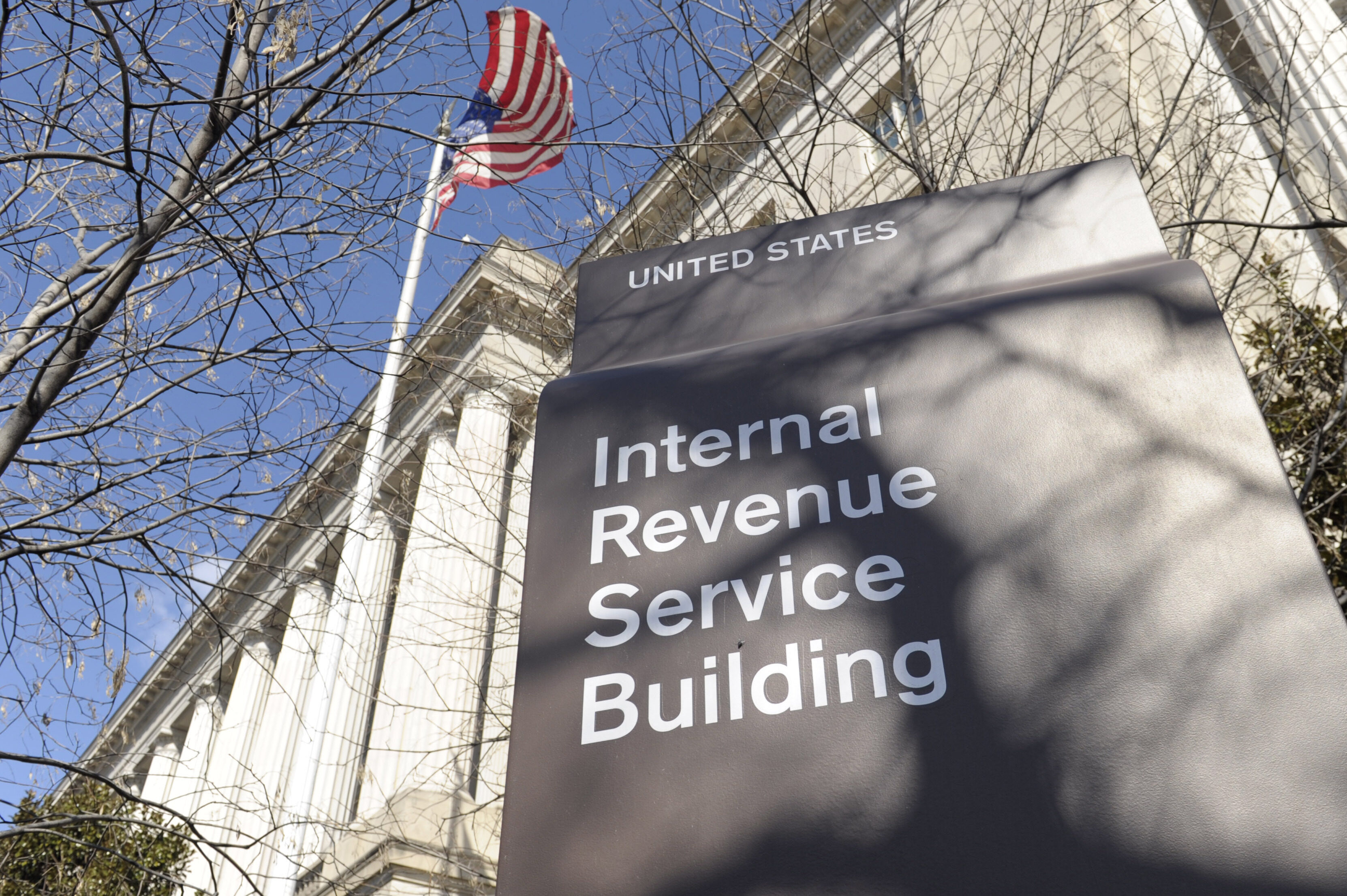
Don’t tax TABOR payments. That’s the message Colorado’s entire congressional delegation is sending to the IRS.
In a letter led by Democratic Rep. Joe Neguse Friday to Acting IRS Commissioner Douglas O’Donnell, they urge the tax agency “to treat Colorado Taxpayer’s Bill of Rights (TABOR) revenue payments as nontaxable income — keeping with previous Internal Revenue Service (IRS) precedent for the past thirty years.”
This push comes after the IRS said residents of Colorado and other states that received refunds or special payments from their states in 2022 should hold off on filing their federal tax returns until the agency decides how to handle those payments.
TABOR refunds are a state constitutional amendment approved by Colorado voters in 1992 to limit the amount of revenue withheld by the state and refund excess revenue back to taxpayers. Usually refund checks are issued in the spring. But last August checks of $750 for single filers and $1500 for joint filers went out months ahead of schedule.
“Expecting Coloradans to now pay part of these revenue payments back would impose a significant burden on Colorado taxpayers, introduce considerable compliance costs for taxpayers who did not anticipate having to add their TABOR revenue payments to their joint or single filings, and cost Coloradans hundreds of additional dollars in tax liability,” the delegation wrote.
The letter is signed by Democratic Sens. Michael Bennet and John Hickenlooper and Democratic Reps. Diana DeGette, Jason Crow, Yadira Caraveo, and Brittany Pettersen, as well as GOP Reps. Ken Buck, Lauren Boebert and Doug Lamborn.
All members expressed concern about the timing of the message, which comes after the start of tax season in January instead of months ahead of time, writing it will “cause Coloradans unnecessary stress as they prepare to file.”
Last week, the IRS said it is working with state officials, “as quickly as possible to provide additional information and clarity for taxpayers…We expect to provide additional clarity for as many states and taxpayers as possible” this week.








